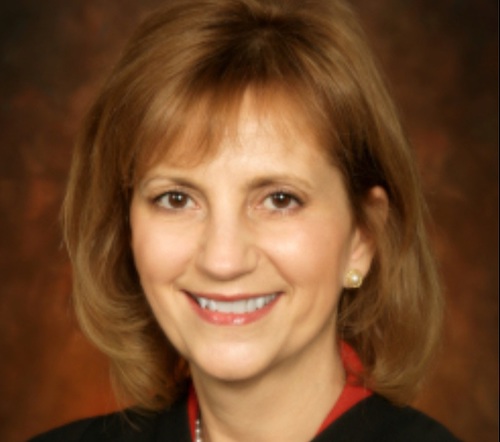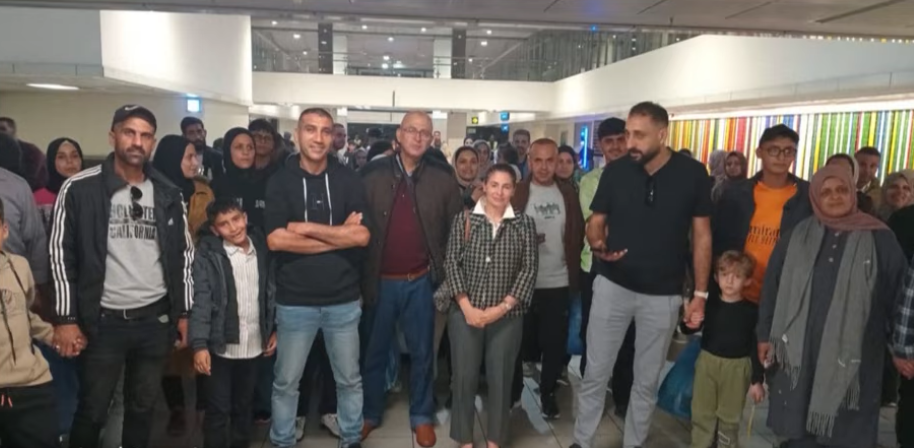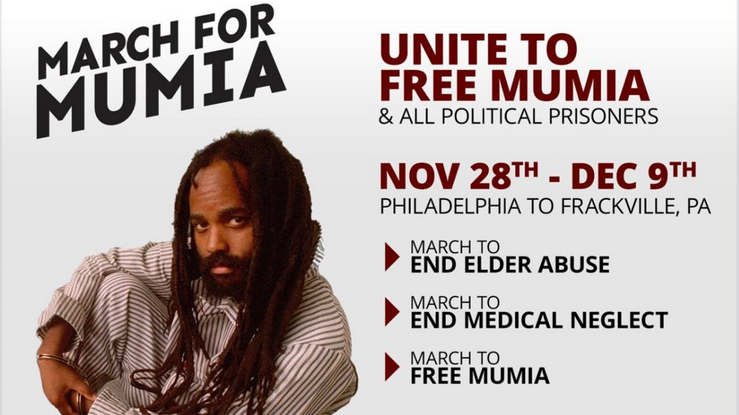The 20th Anniversary of the Million Man March is certainly a milestone politically and symbolically. And perhaps, its anniversary is even more important than the first. We have many events to look back on to paint a picture of our power or lack thereof. From Katrina to the recent murders of African-Americans at the historic Emanuel African Methodist Episcopal Church in South Carolina, Minister Louis Farrakhan has for decades been the national voice of not only Black Muslims, but for the downtrodden masses of Black America. In turn, we have given him our support for his services and commitment to Black folks. As he pens his words for this Anniversary speech, I would like to add some important lines that should find their way in his speech.
The cry from the masses of Black folks to this government within its territories is that “Black Lives Matter,” but the question is how to make this so. The answer is to completely control and manage Black cities – that is cities with a majority Black population and make them our power base. This is a road not taken and it should be our primary focus. By our voting power, we must completely control and manage the political seats within our cities such as, the mayoral and city council seats. When we do this, we can do the one thing that we have not been able to do which is to create laws that will protect us. This is the only way to make “Black Lives Matter”.
Our leaders in the past have had us focus on federal and state issues; however, time and time again the federal and state courts have come back with judgments unfavorable to us and there has not been a single new law that has protected us.
This is not the case with city laws. New York City human right laws are among the most stringent protections of civil rights in the United States. Yet, no one seems to know about them. Quietly, the LGBT communities have one new amendment protecting their rights as citizens of a minority group in the United States. The laws passed by city governments particularly human right laws have enormous power that do two major things: 1) give a right for the case to be heard in federal and state courts and 2) affirm that the federal and state laws as the floor in which no right can fall and the city laws as the ceiling that all rights can rise too.
Taking over Black cities is also in many ways a form of de facto reparations. When we take over a city, we take over the educational system, the courts, the sanitation, fire, and police departments, the real estate, the hospitals, etc., within our communities. As long as the people governing the city act within the law and are not discriminatory, we can landmark city property, and create legislation that gives the citizens of the city a higher quality of life in addition to protecting Black life, liberty, and the pursuit of happiness.
One can cite the problems of Detroit as an example of a failing Black city. This analysis is short-sighted when one understands that we live in a global market economy where a city like Detroit has the power to partner with Chinese, Japanese, Korean, Philippine, Indian and African companies and entrepreneurs. The city planners of Detroit underestimate the infrastructure that they have in their hands. They only need to look outside the United States for partners that will create new industries and jobs.
Minister Louis Farrakhan can make history by challenging us to go back to our cities and take them over one by one as he encourages those who do not live in a Black city to move to one. He can challenge the Black youth to plan to take city jobs and run for city office.
This plan is called city sovereignty – Sovereignty, Power and Reparations can only be gained by Black folks moving past idealism to a realistic plan. We already live in these cities, now we have to understand our power and create a city sovereignty agenda. When we take one Black city at a time, we will exercise and unleash our true power.
Reginald A. Mabry (Brother Reggie) is a community activist and expert in Nile Valley culture. Bro. Reggie holds a B.S. in Computer Science at the City College of New York and an honorary doctorate in Kemetic Arts from the Institute of Life Sciences. For over three decades, Bro. Reggie has worked closely with Dr. John Henrik Clarke, Dr. Ben, Dr. Leonard Jeffries, and Professor James Small. Bro. Reggie has also been featured on numerous occasions on Sa Neter TV and can be reached at [email protected].






